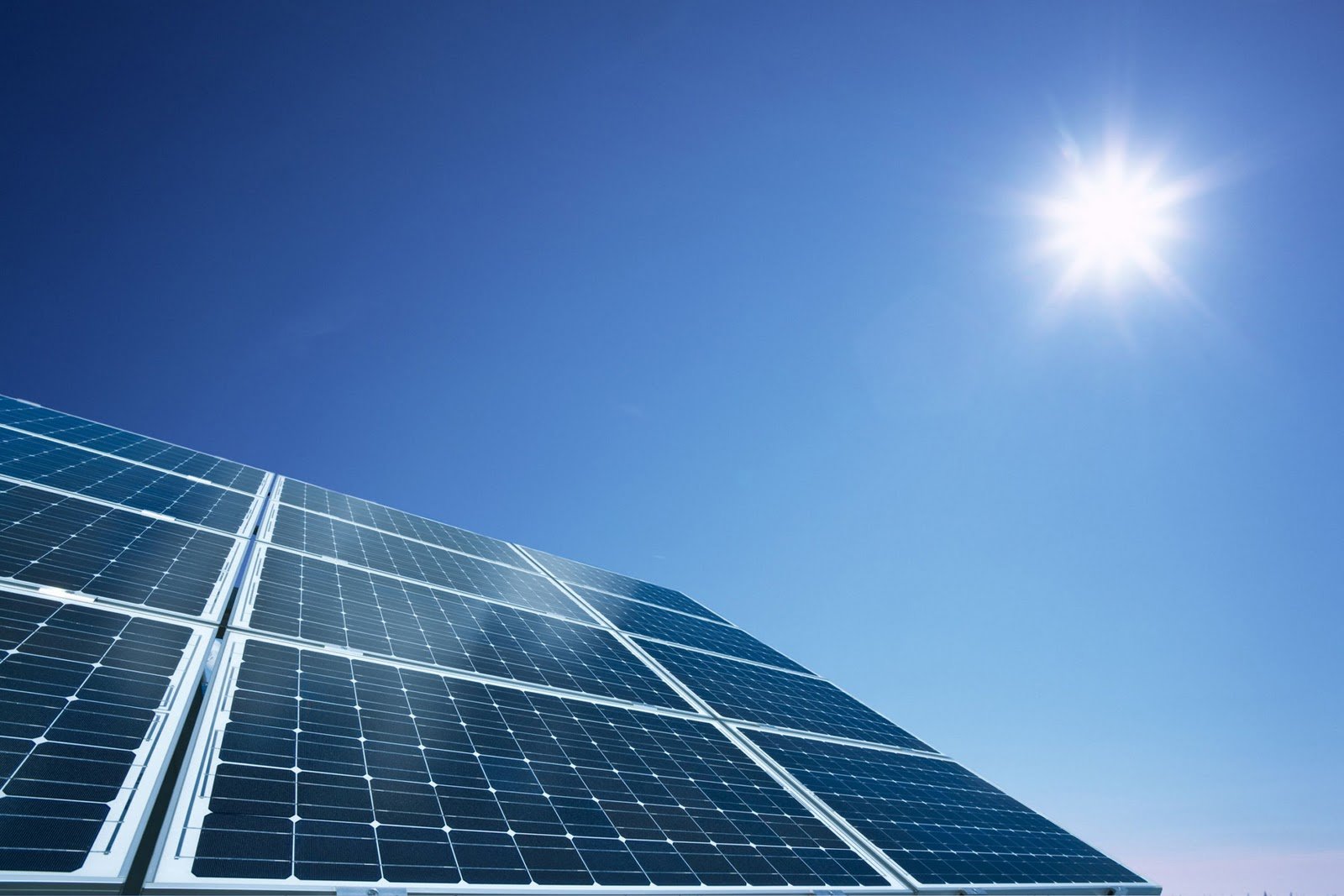The NY-Sun Incentive Program for Solar Photovoltaic Systems

New York City is not particularly sunny, but the high local price of electricity increases the value of self-generated solar energy. NYC electricity rates are among the highest in the nation: residential customers can expect to pay around 27 cents/kWh, while small businesses pay around 20 cents/kWh. The potential to reduce electricity bills is a strong incentive to deploy solar power, and there are also many rebates and tax benefits for photovoltaic systems. When high savings are combined with a low ownership cost, solar power becomes an attractive upgrade for NYC properties.
Solar power in the state of New York grew by 800% only between 2011 and 2016, and this has been possible in great part due to the incentives locally available. For example, the NY-Sun Incentive Program from the New York State Energy and Development Authority (NYSERDA) has helped deliver affordable solar power to many homes and businesses. Solar PV systems are also exempt from sales and property taxes, while providing state and federal tax credits that are calculated based on system cost.
There is a Clean Energy Standard for the state of New York, requiring 50% of all energy consumed by 2030 to be generated from renewable sources. The NY-Sun Incentive Program is playing a key role in making this possible, and is expected to have benefited 150,000 homes and businesses by the year 2020, with a total installed capacity exceeding 3,000 megawatts.
How Does the NY-Sun Incentive Program Work?
The NY-Sun Incentive Program manages solar rebates independently for three regions: the Con Edison service area, the PSEG Long Island service area and the Upstate region. The incentive program is also divided by customer type:
- Residential PV systems up to 25 kW.
- Small commercial PV systems up to 200 kW (500 kW in the PSEG Long Island area).
- Commercial and industrial PV systems above 200 kW, excluding PSEG Long Island.
The NY-Sun program will last until its solar photovoltaic capacity targets are met, but incentive rates are not constant for the entire duration of the program. The target capacity for each region and customer type is divided into “blocks” that fill up as capacity targets are met, and the incentive amount decreases each time a block is completed.
New York City: Incentives for the Con Edison Service Area
The solar PV capacity targets for the Con Edison service area are 311 MW for the residential sector, 311.5 MW for the small commercial sector and 425 MW for the large commercial and industrial sector (combined). Therefore, the total capacity target for the Con Edison service area is 1047.5 MW.
Residential Sector
The 311 MW assigned to the residential sector are broken down into nine blocks. As of August 2017, the first 6 blocks have been filled and around 50% of the block 7 target has been reached, leaving the residential incentive at $0.40 per watt.
|
Block |
PV Capacity Target (MW) |
Incentive Rate |
|
1 |
14 |
1.00 |
Small Commercial Sector
The incentive calculation is different for solar PV systems in the small commercial sector, since there are two rebates per block: the higher rate applies for the first 50 kW of capacity, and there is a reduced rate for all capacity above 50 kW and up to 200 kW. Block 4 is almost full as of August 2017, which means the incentive will soon be reduced to $0.60/W for the first 50 kW and $0.40/W for all capacity up to 200 kW.
|
Block |
PV Capacity Target (MW) |
Incentive first 50 kW |
Incentive up to 200 kW |
|
1 |
6 |
1.00 |
0.60 |
Large Commercial and Industrial Sector
The solar PV capacity target is higher for the large commercial and industrial sector, and is divided into a total of 13 blocks. Only the first block has been filled by August 2017, and block 2 is around 40% full.
|
Block |
PV Capacity Target (MW) |
Incentive Rate |
|
1 |
15 |
0.63 |
Additional NY-Sun Incentive Programs
In addition to its incentives for homes and businesses, NY-Sun also manages programs for schools, lower-income households, renters and communities.
The K-Solar program offers free feasibility studies for school districts in New York. If a school has suitable conditions, a solar PV system is delivered at zero cost. A specialized company operates the system and provides maintenance, while the school only pays for the electricity generated through a Power Purchase Agreement, at a price below the utility rate. In other words, this approach allows schools to reduce their energy expenses without assuming an initial capital expenditure or loan.
The Affordable Solar program is for clients who own their home and who have a household income below 80% of the median income for their municipality. This program doubles the normal NY-Sun rebate, which means an eligible Con Edison customer would get $0.80/W instead of $0.40/W.
Community Solar projects are an attractive option for homes and small businesses who do not own the space they occupy, or who lack a rooftop. With this program, they can subscribe to a shared solar PV system near them to reduce their power bills. Generally, there are two types of subscriptions: participants can purchase energy from the array at a price below the utility rate, or they can purchase a portion of the array itself and are entitled to an equivalent fraction of energy generation.
The Solarize program gives free technical assistance for homeowners and businesses who plan to purchase a solar PV system as a group, allowing them to benefit from economies of scale and better pricing.
Combining NY-Sun Incentives and Tax Benefits
The state of New York also offers a tax credit for solar PV systems, allowing 25% of costs to be deducted from state taxes, up to $5,000. This can be combined with the federal tax credit for renewable energy, which allows a deduction of 30%. These benefits also apply when the solar PV system gets a rebate, but they are calculated based on the price after deducting the rebate.
The combination of NY-Sun incentives and tax benefits makes solar PV systems very affordable in New York, and this increases the return on each dollar invested upfront. However, it is important to work with qualified contractors to ensure that a solar PV system delivers its financial benefits. Product warranties are also important, since they protect the PV system owner from additional costs if any component fails prematurely.

Michael Tobias
Michael Tobias, the Founding Principal of NY Engineers, currently leads a team of 50+ MEP/FP engineers and has led over 1,000 projects in the US
Join 15,000+ Fellow Architects and Contractors
Get expert engineering tips straight to your inbox. Subscribe to the NY Engineers Blog below.


